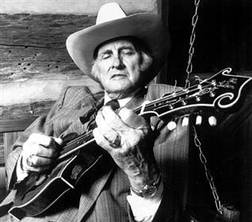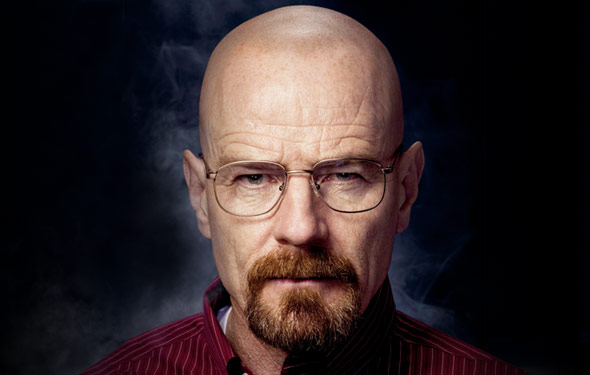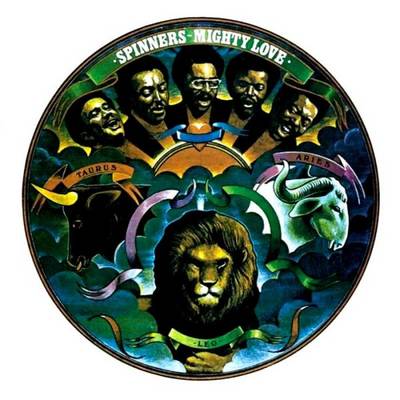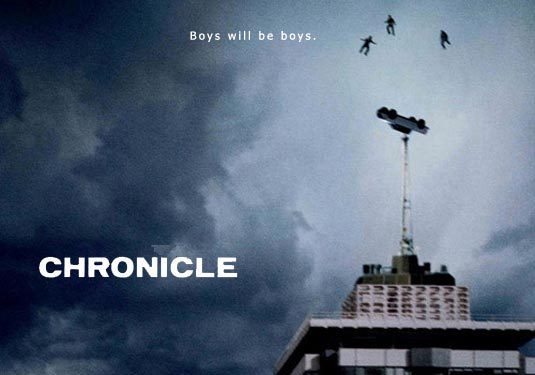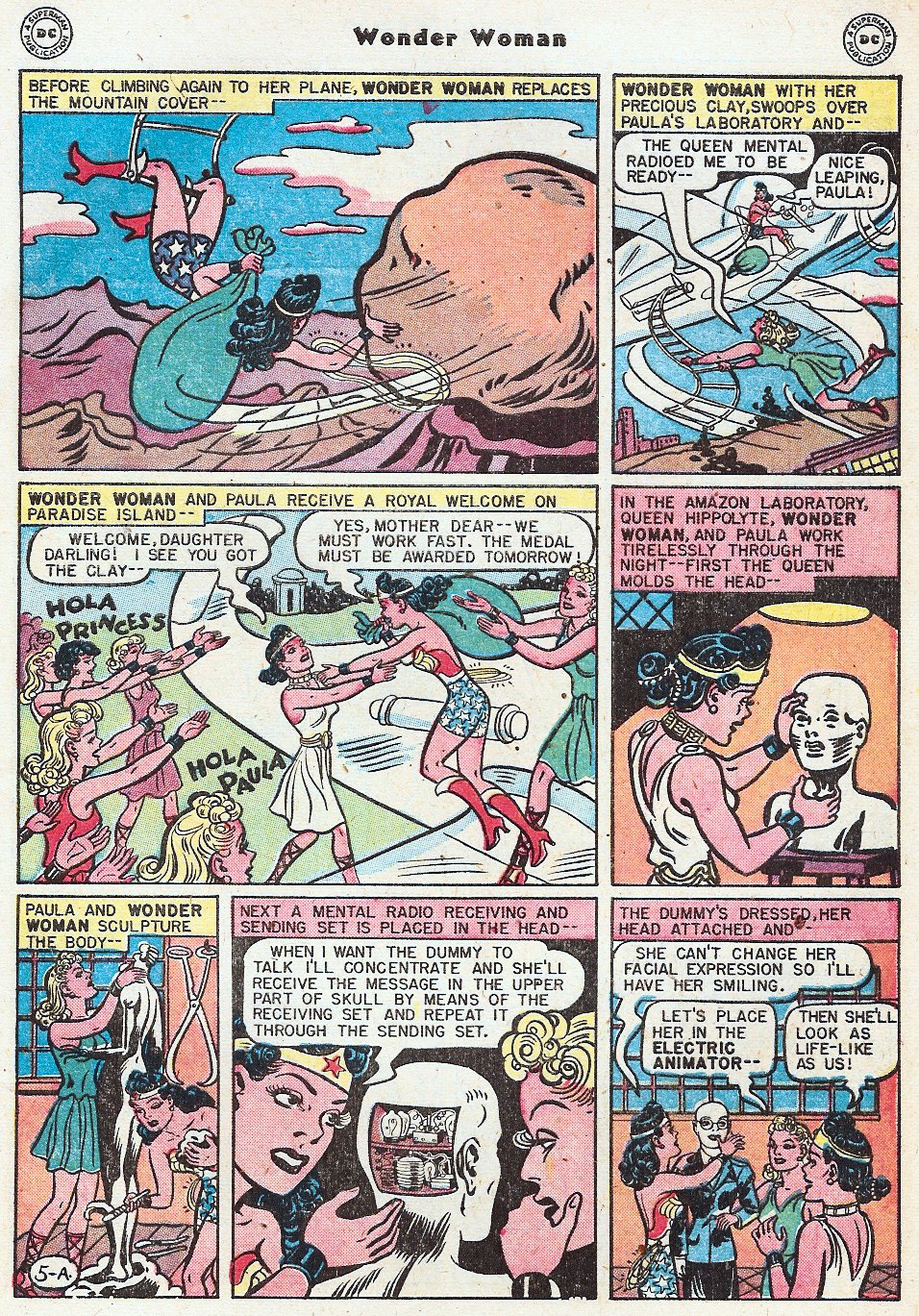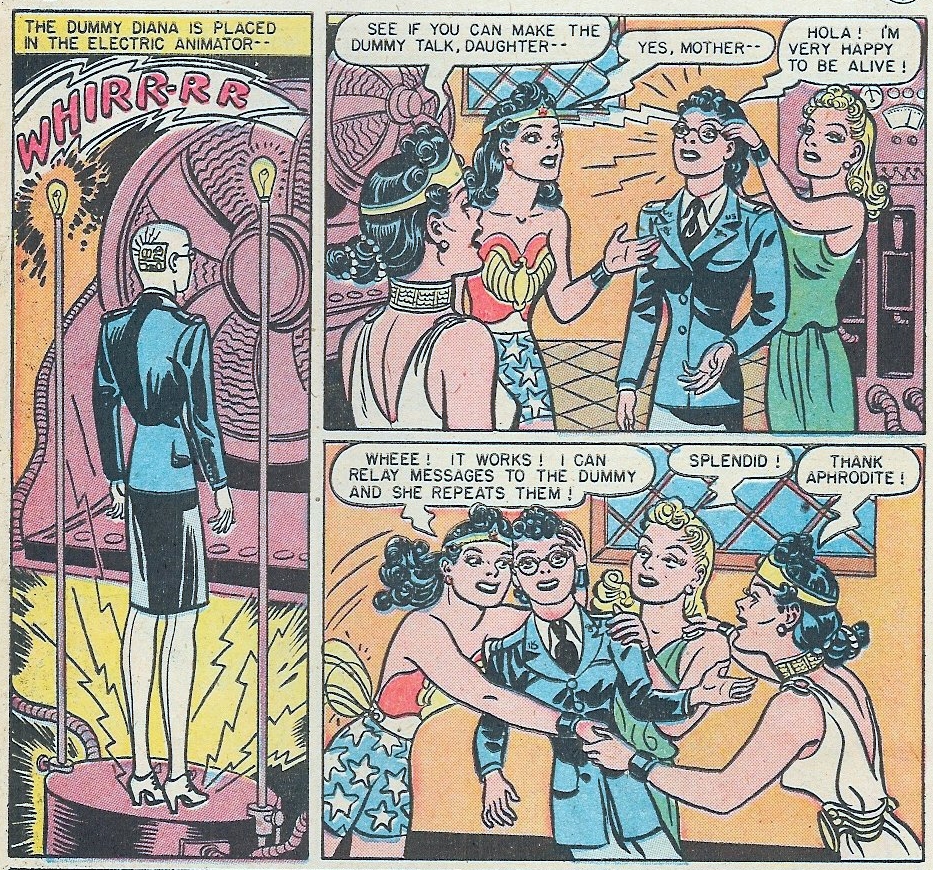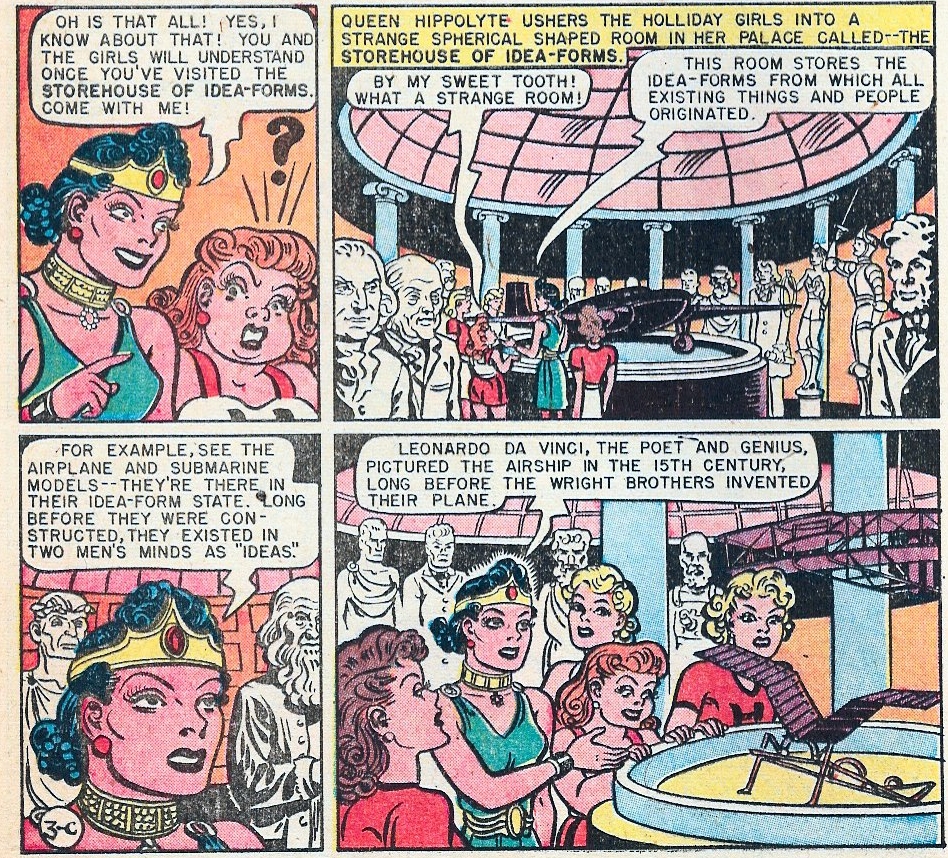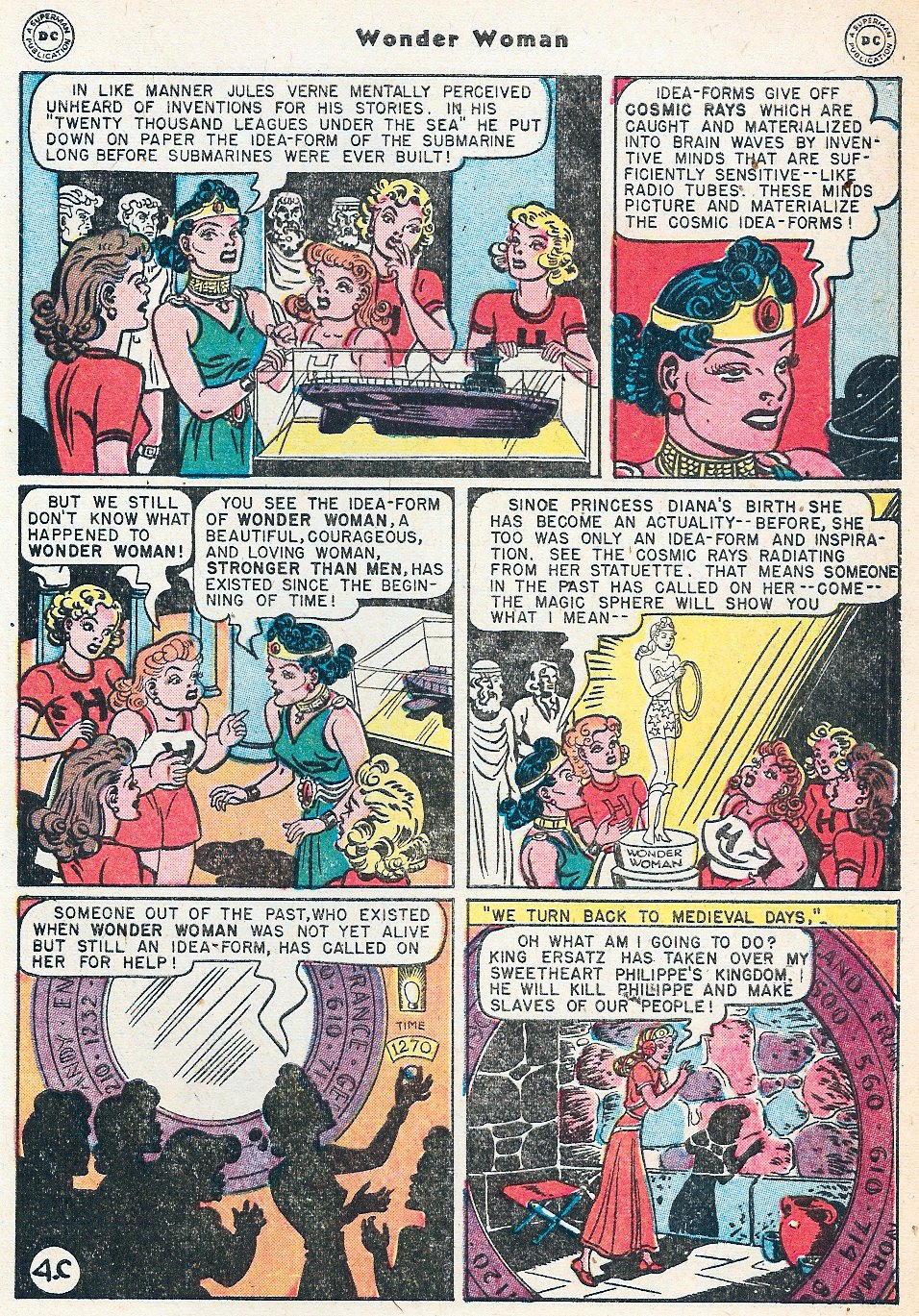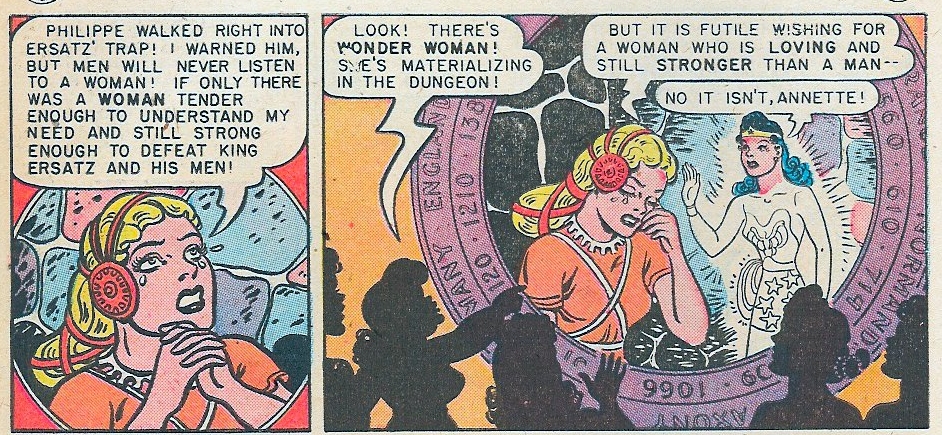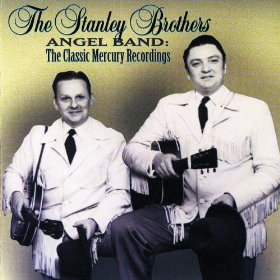 Inspired by Joy DeLyria’s post about Evil in Speculative Fiction, Charles Reece and I have been engaged in a knock-down/drag-out about the relative morality of Buffy’s vision of vampires and Twilight’s vision of vampires. It’s been pretty enjoyable, so I thought I’d highlight it in a post. My comments are in italics; Charles is in plain text.
Inspired by Joy DeLyria’s post about Evil in Speculative Fiction, Charles Reece and I have been engaged in a knock-down/drag-out about the relative morality of Buffy’s vision of vampires and Twilight’s vision of vampires. It’s been pretty enjoyable, so I thought I’d highlight it in a post. My comments are in italics; Charles is in plain text.
_______________________
Noah: This is a way in which Twilight is much superior to Buffy, I think. Twilight vampires can choose good or evil just like the rest of us. Most of them choose evil because they need to drink blood and they’re very powerful, but it doesn’t have to be that way, as Carlisle and his family show.
This complicates the criticism that Bella should kill vampires the way Buffy does too. Vampires have souls in Twilight; killing them is as morally repugnant as killing people. Of course, they’re mass murderers too, many of them…but extrajudicial killing even of murderers is not morally neutral.
Charles:I think the veggie vampire idea is pretty dumb, too, certainly worse than Buffy’s problems. They’re a master race who are expected to treat us as equals. Yeah, bullshit. They might argue over whether they should breed us without legs and keep us in cages, though. If we were lucky, a Peter Singer would be turned. True Blood, as dumb as it is, is probably a more realistic depiction. They don’t eat us for pragmatic reasons, as a matter of realpolitik. We outnumber them and move about in the daylight (a problem that makes Twilight even dumber for getting rid of it).
Noah: I don’t really get your objection, Charles. You argue that they’re stupid because they’re not acting like a master race…but it’s you who is arguing that they’re a master race. That’s really not Meyer. She sees them as having souls. To the extent that the veggie vampires are better than us, it’s because they’re vegetarian. Suffering and renunciation makes you superior, not strength. I guess lots of people think that’s inherently stupider than realpolitik, but I strongly, strongly disagree.
Buffy raises theological issues (why are vampires hurt by crosses?) that it is completely unwilling to answer. Twilight is much more ready to confront them — by, for example, getting rid of the cross nonsense and talking explicitly about theology. Where Twilight’s world falls apart is not in the logic of the vampires per se, but with its secret world conceit. Vampires kill way too many people; either they would have been discovered, or else all of humanity would have been dead a long time ago. The mechanics just don’t work. (Buffy has this problem too…but it tends to get around it by just treating the whole thing as a joke. People just conveniently forget after they meet vampires, which is treated as a goof. This points to one of Buffy’s big strengths over Twilight, which is that the writing is much wittier and smarter on the microlevel, even if a lot of the big issue plotting is less thought through.)
Charles: By “soul”, I assume you mean a “conscience,” which we have, too, but if something’s deemed a lower form of life, we apply different rules. That’s why I think vegetarian vampirism is an inherently dumb idea, not necessarily the characters themselves for not eating humans. Basically, it’s a fantasy that power has no effect on beliefs. That’s pure bullshit.
I don’t see why masochism makes you more superior than strength. The former perfectly supports the latter.
Noah: No; by soul, Meyer means “soul”, not conscience. She’s a Christian. The two concepts aren’t reducible to each other. Buffy uses the former too; it just isn’t willing to think about what that means.
As for your comments on power — that’s just more realpolitik bullshit. Cynicism sneering at ideology by erasing its own deep commitment to its own ideology. If you think that’s sophisticated thinking, good on you I guess.
Meyer’s vision of renunciation and suffering is explicitly tied to love. Strength comes out of caring for others and for your family rather than from having super strength. Bella saves everyone she loves through nonviolence. Reducing that to masochism seems fairly myopic…but consistent with cynical realpolitik nonsense, sure.
It’s not a fantasy that power has no effect on beliefs. It’s a fantasy that human choices matter, and that power alone is not determinative of actions. For many of the vampires, power makes them cruel killers. Carlyle’s power, on the other hand, makes him a better man. It absolutely affects him; it just doesn’t have to make him a monster. If you reject that, you reject free will, and good and evil become meaningless. In that world, owning a gun means you’re inevitably going to start shooting your enemies in the head. I just don’t understand why that’s a complex or even remotely interesting moral vision.
Charles: Yes, of course Meyer believes in a soul, but who cares? Many power-mad people believe in a soul. My point to you was that you were setting it up as if it mattered to a godlike species with clearly superior power that they had a soul when it comes to how they’d treat us. What effect, if it’s not as a conscience, does having a soul have on them in that scenario? It would otherwise seem completely useless. Now, granting that (which you do with your talk of a free will), what’s the chance that a master species who needs us as food would treat us better than we treat chickens and cows or even indigenous populations of the past? It’s a fantasy about power, essentially worshipping it — submission, or what you seem to favorably call suffering and renunciation. I’d suggest that the only way the rights of humans would be recognized is through resistance. Unless, of course, you’re lucky enough to be turned. Even better if you’re turned by the good vampires, who keep their good old fashioned humanistic values, so none of this matters much to the silly narrative.
Noah: Human beings’ relationships with each other are often horrible, but it simply is not universally true that human cultures always in every instance treat neighboring cultures with less power as chickens. It’s not true that everyone with a gun always in every case shoots everyone who doesn’t have one. Suggesting that they do is knee-jerk cynicism. It just further justifies me in my long-held belief that at its heart realpolitik is deeply naive.
Maybe this confusion is because you haven’t read the books, but…it’s not the humans who submit and renounce. It’s Carlyle and his coven. The book doesn’t worship or idolize power (or, you know, not especially on the scale of pop culture.) On the contrary, it’s unusually committed to pacifism and resolving conflicts peacefully. Its moral center is occupied by a group which specifically renounces violence and bloodshed. Bella’s triumph is in forcing the vampires to resolve their problems peacefully. That’s fairly unusual by the standards of pop narrative, and I think meaningful (though not exactly logical.)
Part of your problem is that you want the vampires to be treated as a strictly materialist other race. Meyer doesn’t do that. The vampires are, among other things, angels; being transformed is a utopian dream of becoming perfected, where perfected means not just more powerful, but also more good, and less willing to use that power (also, and not coincidentally, it means becoming more egalitarian in terms of gender roles.)
Oh, and having a soul. Soul is really not a concept that can be reduced to material or psychological explanations; if it were, you wouldn’t need or use the concept at all. Lots of people with souls don’t have consciences; whether you can have a conscience without a soul is an interesting theological issue that I’m not up to parsing. Anyway, the point is that the soul is as much about your moral standing as it is about your actions, and as much about your relationship with god as with other people. You comment that lots of people who believe in souls act badly doesn’t actually have anything to do with the conversation, as far as I can tell. As Joy says, the point is that in the moral universe of Buffy, the vampires have no standing. In Twilight they do. That creates a very different ethical world.
That ethical world is not always thought through very clearly, and as John notes the banal wish fulfillment and the spiritual vision (not to mention sheer cluelessness) get in each other’s way to no small extent. But getting mad at it because it doesn’t embrace pragmatism seems really misguided. There are a lot of things that are silly about Twilight, but its failure to adopt the ethics and outlook of Richard Nixon is simply not one of them.
Charles:
it’s not the humans who submit and renounce. It’s Carlyle and his coven. The book doesn’t worship or idolize power (or, you know, not especially on the scale of pop culture.) On the contrary, it’s unusually committed to pacifism and resolving conflicts peacefully. Its moral center is occupied by a group which specifically renounces violence and bloodshed.
I’m not mad at it for being a fantasy like the unrealistic ones Joy is calling for. I’m not mad at all, in fact. I just don’t see it as any more plausible than the Buffyverse. It is, if anything, a step backwards. The only reason the humans don’t have to make the choice between resistance (as in Buffy to some degree) or submission is precisely because the good Twilight vampires choose to renounce their superiority. Basically, your defense is that it’s moral for the good guys to have power. How is that different from a Nixonian worldview? We avoid war because of a show of power against others who have power. Everyone is afraid of too many casualties on their respective sides. There’s your peace. Where we differ is that I find it highly implausible to draw any moral lesson from the narrative, since it relies on the assumption/hope/wish fulfillment that in the case of asymmetrical power, there will be a significant enough resistance against the biological and cultural order of things, “renunciation” of their status, from the haves to save the have-nots. Sure, there were admirable and highly moral people who recognized the rights of the redskins back before America was a country, but look how that turned out. If you insist on drawing a realworld moral analogy, then it fails miserably.
Regarding the soul, no, we don’t need the concept at all, but since we’re granting the supernatural worlds of these fantasies: Buffy and Twilight don’t much differ on their views. It’s the soul that functions to give an agent the ability to care about humans. Since Buffy’s vamps don’t have souls, it makes the human response more obvious: resist. With Twilight, since the vamps have souls, we have reason to question whether they might share some of our values. Okay, then deal with that. How should we react to them? Trust that enough of them are decent folk who’ll resist their biological urge and their superior power, or prepare for the possibility that they might just give in. Would angels, demons and vampires really be held to same morality as humans? More importantly, would such beings think that the same moral obligations obtain to their status? Meyer just assumes this to be case. I don’t, but I’m not a Christian.
What’s better about Buffy’s supernaturalism is that it doesn’t much trust in its inherent potential for goodness (I agree that all of these stories are inconsistent). It’s more skeptical of beings with great power. Angel was even more explicit regarding this, but essentially the powers-that-be weren’t obviously humanistic, like the good vampires of Twilight. And look at the guilt experienced by Angel, living off of rats, hiding from everyone for years, feeling remorse for what he did without a soul versus Edward who only fed on bad guys. Meyer really wants to believe in the goodness of power, so much so that she stacks the deck. That way, we don’t have to feel so bad about identifying with a vampire. Why would nonhumans be humanistic? That’s all fanciful nonsense. Fine by me, as long as you treat it as pure fantasy without drawing any realworld morality from it.
Noah: Charles, Twilight isn’t about a balance of power being the only way to create peace. Carlyle and his coven choose peace with humans because they believe it’s the right thing to do, not because they’re afraid of humans.
The difference between Buffy and Twilight is that Buffy arbitrarily decides that it’s bad guys are outside the moral order. It says that our enemies don’t have souls. I think that’s pretty profoundly different from saying that yes, your enemies are also people, even if they look and act very differently from you.
Both Buffy and Twilight are pretty into power. It’s a hard thing to escape in pulp narratives. I mean, can you think of any adventure narratives that unequivocally separate power and goodness? Twilight doesn’t do it entirely, but Carlyle is the book’s moral center, and the reason he is the moral center is not because he’s the best fighter or the most powerful (like Superman or Buffy) but because he chooses to go against his nature and not kill. He makes treaties with the wolves when he can; he doesn’t kill humans; he makes treaties with other vampires when he can.
You’re objection really is based on your insistence that (a) vampires aren’t human, and (b) the powerful will always prey on the weak. Twilight rejects both of those assumptions, the first because it believes that creatures with souls are creatures with souls and the second because it believes that creatures with souls have the ability to make moral choices. Again, I find those contentions entirely reasonable ethical descriptions, much more so than a naive mapping of Darwinism onto social interactions. You really think you need to be Christian to think that people who look differently from you might have some kind of moral standing?
Twilight’s commitment to the idea that people who look and behave differently from each other are still people is why it’s surprisingly queer friendly, by the by. Much more so than Hunger Games, though not more than Buffy, largely because Buffy’s desouling of the vampires isn’t grounded in any particular ideology — it’s just a convenient plot point. The show doesn’t really believe in it, so it doesn’t ever really work through the genocidal ethical implications consistently.
Charles:
Carlyle and his coven choose peace with humans because they believe it’s the right thing to do, not because they’re afraid of humans.
The balance of power is their acting on the behalf of humans against the bad vampires. They behave with human morality. That’s why they’re good, which brings me to:
Twilight’s commitment to the idea that people who look and behave differently from each other are still people is why it’s surprisingly queer friendly, by the by.
This is like those Christian de-queering camps, right? Love the gay as long as he behaves like you do. That’s not a celebration of difference. Good vampires are the humanistic ones who act against their kind.
You’re objection really is based on your insistence that (a) vampires aren’t human, and (b) the powerful will always prey on the weak. Twilight rejects both of those assumptions, the first because it believes that creatures with souls are creatures with souls and the second because it believes that creatures with souls have the ability to make moral choices.
Vampires are genetically different. I’m not sure why possessing a soul makes them the same as us. They’re beings of a different order, just like angels. They don’t have to face their mortality for one and need us as food for another. It’s simpleminded to assume they wouldn’t come up with a different morality. While it’s true that I’m not very trusting of power, my objection here has more to do with your belief that a carnivore is being moral only by not being a carnivore. Rather than address this potential conflict of moral systems, Twilight circumvents it with the fantasy of good vampires who’ll save us. Again, True Blood thinks this through a lot better than Twilight.
You really think you need to be Christian to think that people who look differently from you might have some kind of moral standing?
Quite the opposite.
Noah: The werewolves can’t act like us; they change into werewolves. Twilight is happy with people acting very differently as long as they don’t kill each other. It’s quite queer friendly, and not in a Christian gays-must-be-like-us-way. It’s less so than Buffy, which has actual gay characters and is definitely pro-queer, but much more so than Hunger Games, which peddles gay stereotypes with enthusiasm and equates gayness with decadence and evil.
Vampires aren’t genetically different. They don’t exist; they’re magic. They’re not carnivores unless they want to be, much like humans. It just seems silly to me to insist that any fantasy that doesn’t ascribe to materialist fantasies about the universal applicability of Darwinism to social situations is necessarily simplistic.
Also, relativism is not necessarily a more complex or thoughtful moral stand. Murder is wrong; I’m willing to go with that cross-culturally, thanks, even if it means that Aztec culture was really kind of fucked up.
C.S. Lewis has some really thoughtful things to say about why creatures who are intelligent and have souls are all much more alike than they are different in the first book of his space trilogy. And I believe that applies to angels for him too; angels aren’t different than us in the sense that we have nothing to do with them, so much as they’re different from us because they’re what we could be, or can aspire to. In any case, angels, humans, non-humans — we’re all part of the same moral world.
Which I really like about Twilight. There are just a lot of fantasy series, from LOTR to Buffy to Priest and on and on, where villains are denied moral status. Body count films can be really fun, but they really do play into the logic of war and genocide in a way that makes their prevalence a little disturbing. I’m happy to have a major megasuccessful series that explicitly rejects that, and says instead that killing is killing, even when the enemy is terrifying and seems so different that you are tempted not to call them human.
I don’t really get where you see the good vampires fighting on behalf of the humans in Twilight? That’s not the plot at all. The good vampires and the bad vampires are at each other’s throats (as it were) for reason having to do with their own internal politics. They defend Bella, but that’s because she’s family, not because she’s a human. Carlyle doesn’t kill humans, and works as a doctor to help humans, but he doesn’t set himself up as a superhero running around defending random humans from vampires. It’s not a fantasy about superpowered people saving everyone, as in most superhero comics — and, indeed, at the end, all the vampires haven’t been killed, and humans aren’t all “saved”. At least, the books aren’t like that, and the movies I”ve seen don’t seem to be either…I’m not sure where you’re getting that?
Charles: As with the vampires, the most moral werewolf is the one obsessed with a human. Jacob is moral for deserting his pack. The good vamps and the good werewolves are brought together over protecting a human. There’s no more of a notion that vampire or werewolves might have moral status outside of being just like humans than there is in Buffy. The essential difference is that Buffy uses her powers to combat evil rather than compromise with it.
If vampires aren’t genetically different, then why does it matter if Bella is a human or vampire when giving birth? Why do vampires need human blood? Why do vampires sparkle in the sunlight? Etc.. The magic has genetic effects.
And I’m not really talking about moral relativism, but the new universal biological order that would occur with the introduction of a new species superior to us on the food chain. Is it relativistic to suggest some animals eat other animals and some eat plants, and that affects how they see the world? Is that an excuse for murder? ‘Murder’ would get redefined universally in such a situation. At least, a new definition would have to negotiated.
And isn’t a major part of the internal conflict of vampires over how they relate to humans? Regardless, the main characters and their story has a lot to do with the vampires that the audience is supposed to sympathize with helping/saving/protecting the main human the audience is supposed to identify with. The more you defend Carlyle, the more he sounds just like the majority of the people on the planet. The family is most important, and he’ll do what he has to protect them, but not much else. Yeah, he’s a decent fellow (from a human perspective, at least), but that’s a pretty average moral center.
Noah: Wait…I think there is some nonsense in Twilight where she babbles about genetic difference. I had repressed it because it was idiotic….
It’s supposed to be really difficult for vampires to give up blood. Carlisle was the only one who did it, and he’s attempting to prosletyze other vampires to do it as well, by persuasion rather than by fighting them. Renunciation, self-sacrifice, love, starting with family but including others. I don’t see why that’s a worse morality than, hey, my enemies are absolutely evil, so I should kill as many of them as I can.
It’s certainly true that the plot revolves around Bella to a ridiculous degree. But I don’t think it’s right to say that Jacob is more moral because he’s more focused on humans. He isn’t more focused on humans; he’s only focused on Bella. And I don’t know that the book really presents him as a moral paragon; he’s pretty clearly a horny teenager, not a moral paragon. The book certainly believes that peace is good and prejudice against others who are different is bad, but again, I’m not really seeing what’s wrong with that or why it’s particularly unrealistic. Again, I just don’t believe that pragmatism is either more moral or more realistic than other philosophical systems, and applying pragmatism to vampires and werewolves seems kind of ridiculous on its face.
Charles:
Renunciation, self-sacrifice, love, starting with family but including others. I don’t see why that’s a worse morality than, hey, my enemies are absolutely evil, so I should kill as many of them as I can.
I’ll give this one more go: Renunciation, sacrifice, etc. aren’t inherently good acts. They’re good if done for a good cause (cf., a gay renouncing his desire to be more like — and thereby more accepted by — his conservative Christian family). The vampires are evil unless they act like humans. That’s no different from the Buffyverse. Buffy uses her power to vanquish evil. If your enemies are really absolutely evil, then fighting them is a good act. Instead, Carlyle is attempting to make compromises with those who want to devour us humans. I’d suggest that extremism in defense of not being eaten is no vice.
And what is Carlyle if he’s not pragmatic? That’s the position your defending, not me.
Noah: Are you on crack? The pragmatic choice for Carlyle is to accept that he’s a vampire and eat people. He needs blood; he’s a different species (as you’ve said) — surely the Obama solution is to just try to eat as few people as possible and maybe not torture them before finishing them off. Instead, Carlisle renounces his power out of love and decides to suffer so that others won’t be killed. Again, I fail to see why that’s a compromised renunciation.
And one more time…the vampires don’t act like humans. I mean, there are superficial similarities, but they still do stuff like go hunting with their bare hands and play vampire baseball and have sex for weeks at a time and so on and so forth. They are not unqueer, in various ways. They are seen as good not as long as they act like humans, but as long as they don’t kill people. Which really seems reasonable to me.
An eye for an eye is still pragmatism. Even so, the claim that genocidal warfare is necessarily safer and less destructive than moderate efforts at peace is neither self-evident nor, as far as I can tell from human history, accurate. Buffy makes genocidal warfare the easy choice by making the enemy utterly inhuman and outside moral strictures. Meyer isn’t willing to do that in the same way. In the Buffyverse, vampires really can’t choose good. In Twilight, they could all potentially stop killing people if they wished. That doesn’t excuse them at all; on the contrary. But it means that killing them isn’t different than killing a human murderer. As I said, I think that that’s a significant, and welcome, difference.

